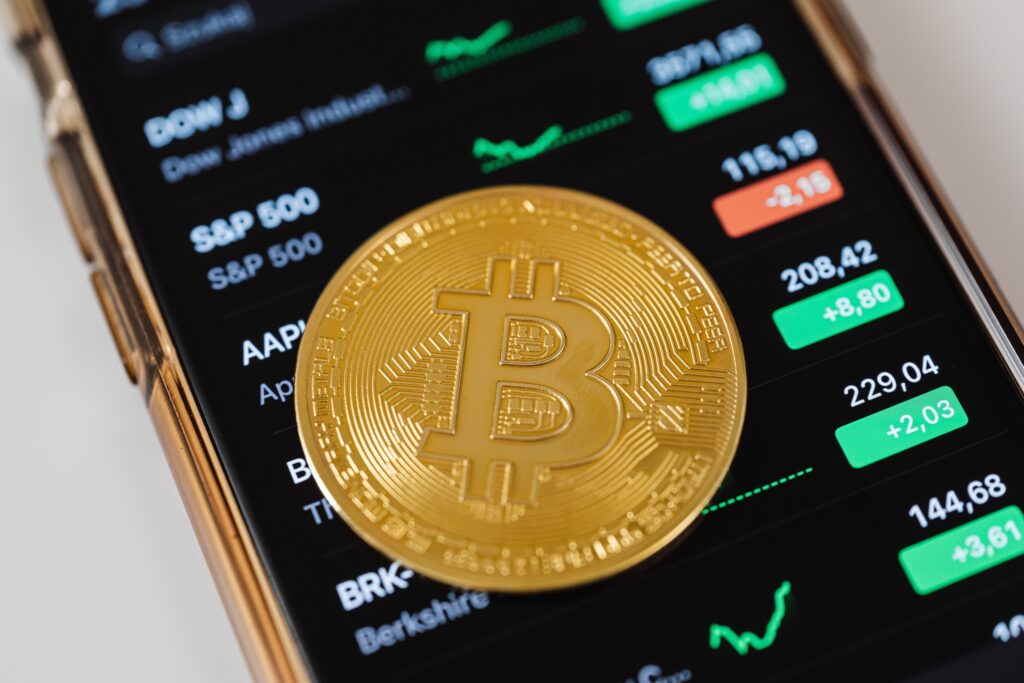Blockchain technology has taken the world by storm, with its ability to revolutionize industries and change the way we conduct transactions. Initially developed as the backbone of digital currency Bitcoin, blockchain has now found applications in a wide range of industries, from finance to supply chain management. In this blog post, we’ll take a deep dive into the technology behind blockchain and explore some of its most promising applications.
What is blockchain technology?
- At its core, blockchain is a decentralized, digital ledger that records transactions across a network of computers.
- Each block in the chain contains a number of transactions, and once a block is added to the chain, the data it contains cannot be altered.
- This creates a tamper-proof record of all transactions on the network, making it a highly secure and efficient way to transfer value.
- Because blockchain is decentralized, there is no need for a middleman (such as a bank) to verify transactions. Instead, the network of computers on the blockchain verifies transactions through a consensus mechanism.
How does blockchain work?
- When a transaction is made on a blockchain network, it is broadcast to all of the computers (or “nodes”) on the network.
- These nodes then verify the transaction, using complex algorithms to ensure that the sender has the necessary funds and that the transaction is valid.
- Once a transaction is verified, it is grouped with other transactions into a “block.”
- This block is then added to the “chain” of previous blocks, creating a permanent record of the transaction on the blockchain.
Applications of blockchain technology
- Cryptocurrency: One of the most well-known applications of blockchain is as the backbone of digital currencies like Bitcoin and Ethereum.
- Supply Chain Management: Blockchain can be used to create a tamper-proof record of the entire supply chain process, from the sourcing of raw materials to the delivery of the final product.
- Banking and Finance: Blockchain can streamline and secure financial transactions, from cross-border payments to the issuance of stocks and bonds.
- Real Estate: Blockchain can be used to streamline the process of buying and selling real estate, making it faster and more efficient.
- Healthcare: Blockchain can be used to securely store and share patient data, making it more accessible to healthcare providers and researchers.
- Government: Blockchain can be used to create secure, tamper-proof voting systems and to manage public records.
Conclusion
Blockchain technology has the potential to revolutionize the way we conduct transactions and share information. By creating a decentralized, tamper-proof record of all transactions, blockchain can make industries more secure and efficient. As the technology continues to evolve and more companies begin to explore its potential, we can expect to see blockchain making an even greater impact in the years to come.
The above given is some of the most promising applications of blockchain technology, but it’s still an emerging technology, and there are many more potential use cases that are yet to be discovered. As technology continues to evolve, we can expect to see even more innovative ways in which it will be used to improve our lives and the way we conduct business.

